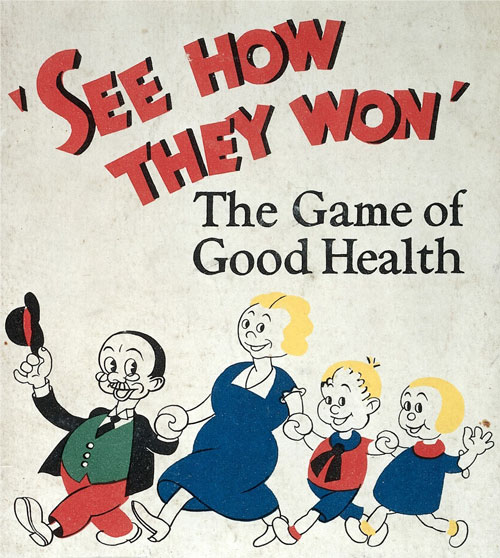Seminar Series 2024/25
4 March 2025
Room TL565
Merrilees Roberts
Queen Mary University, London
Keats’s blushing bodies: inflammation, arousal and critique
This paper shows how examining the blush in its historical medical context in the poetry of John Keats can generate productive reflection upon how we read involuntary bodily responses, and how we feel about reading them. The hot and hyper-stimulated bodies of Keats’ verse are part of his eroticisation of the gaze, but also draw upon his medical knowledge gained from studying medicine at Guys Hospital. This training rendered him conversant with the latest thinking regarding the newly discovered concept of the nervous system, particularly around the idea that voluntary bodily control and involuntary movement are controlled by the same mechanisms. This was also a time where various kinds of ‘inflammatory’ response - sexual, physical, moral and emotional - were taken to be largely interchangeable. The blush sits at the intersection between gendered understandings of sexual arousal and early understandings of inflammatory processes as simultaneously drivers of disease and pathways to healing processes, providing a key example of how early nineteenth century literature experimented with genre and character in a way which expressed ambivalence about the reliability of accurately interpreting emotion from bodily cues. Literature became the site of explorations into early understandings of the ’psychosomatic’ (coined by Samuel Taylor Coleridge), as well as a site of self-reflexive contestation and critique of the social forces which structure our emotional lives. Ultimately, I suggest that Keats eroticises involuntary bodily response in a manner that pre-empts Freud’s thinking in Civilisation and its Discontents about the suppression of physiological instincts producing libidinal economies which generate Art and Culture as their highest expression.
1 April 2025
Room TL565
Sioban Nelson
University of Toronto
The Tale of the Abandoned Trunk: Rockefeller Foundation Nursing Fellows and the Politics of a Global Vision for American Nursing in the Mid Twentieth Century
On 1 October 1949, two weeks before the creation of the People’s Republic of China, a letter from China Medical Board secretary, Agnes Pearce, to the Peking Union Medical College (PUMC) secretary, Mary Ferguson, concludes with a “small item of interest” concerning correspondence from a Chinese nurse, Chi Chen, who is seeking to return to the United States. This was the last the Americans were to hear from Chen, whose steamer trunk languished in the Rockefeller Foundation (RF) warehouse for two decades, and whose existence spawned an equally long correspondence trail that searched for traces of its owner in Communist China. Chen had come to the United States in the late summer of 1941 on a PUMC overseas fellowship and returned, albeit reluctantly, in 1944. Using the materiality of the abandoned trunk, this paper explores the phenomenon of the RF’s ambitious thirty-year scheme to introduce an elite model of North American nursing from Beijing to Rio de Janeiro to Delhi. The story of Miss Chen, her talent and aspirations, her disappearance into the hostile terrain of post-revolutionary China, personifies the checkered legacy of successes and failures among the women chosen by the RF for the distinction of building and leading an American vision of modern nursing in their home countries. The paper explores the challenges these women faced, how they were viewed by contemporaries, and the personal cost of their participation in the geopolitical manoeuvres of the Rockefeller Foundation in the mid-twentieth century.
.jpg)


